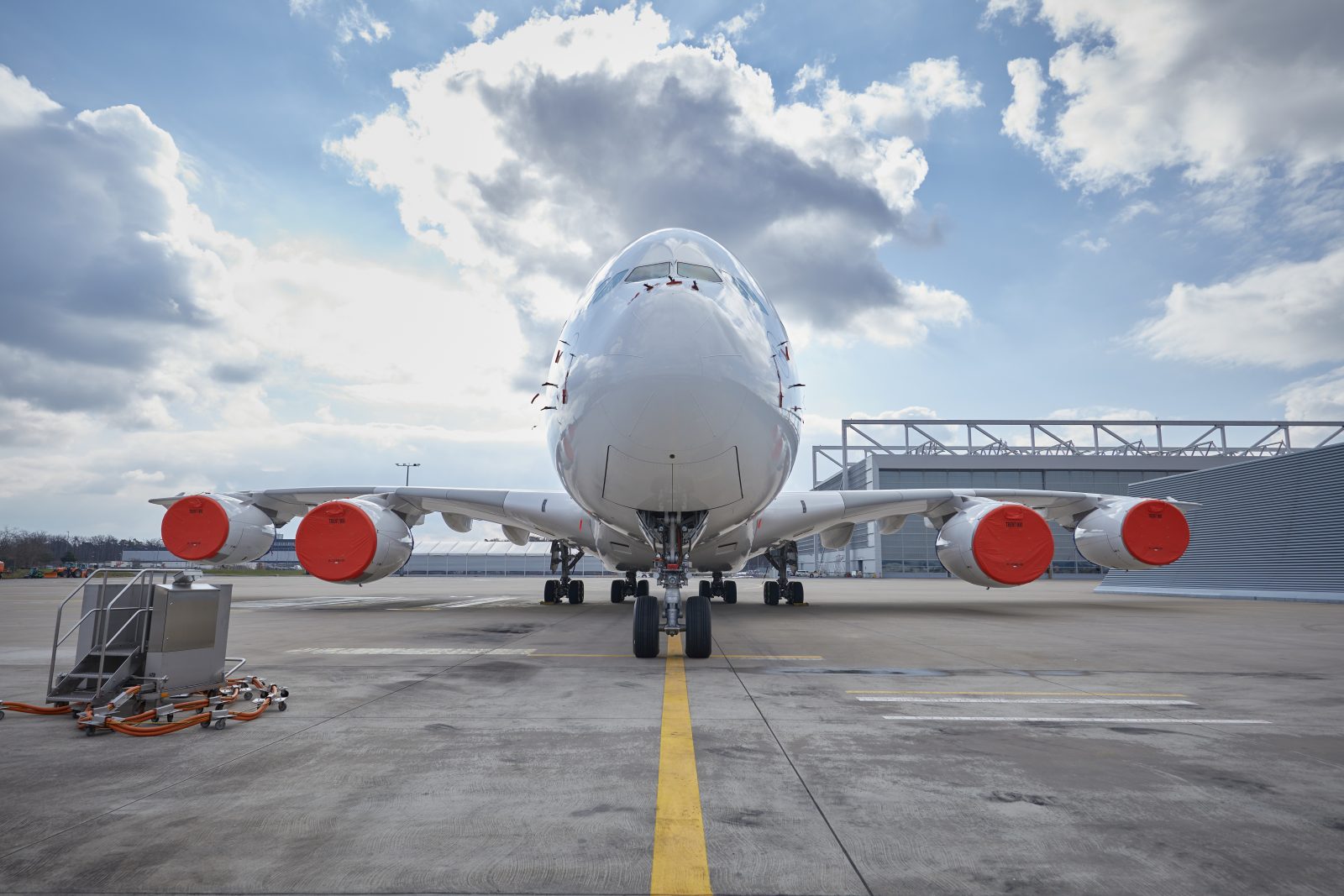
Germany is actively considering proposals to halt nearly all international flights in an effort to contain the threat posed by new variants of the COVID-19 virus that are highly transmissible and could be resistant to existing vaccines. German Interior Minister Horst Seehofer said no decision had yet been made but that officials were working on proposals to significantly tighten border restrictions.
“The danger posed by numerous virus mutations forces us to consider drastic measures. That includes significantly stricter border checks, especially at borders with high-risk areas, but also reducing air travel to Germany to almost zero, as Israel is currently doing,” Seehofer said in an interview with popular German tabloid Bild.
The interior ministry was spurred into action following a direct request from Chancellor Angela Merkel according to media reports. Other countries across Europe and around the world are considering tougher travel rules to protect their citizens from COVID-19 mutations.
Merkel told lawmakers that she doesn’t want to impose a blanket ban on international travel but reiterated that there should be no leisure travel while the country battles a deadly second wave and struggles to ramp up a mass vaccination drive.
The aviation and travel industry had been hoping that mass vaccination would be a turning point in the crisis and would help unlock international travel ahead of the Summer season. Instead, governments are now considering the most draconian travel restrictions since the start of the pandemic.
Later on Tuesday, British Prime Minister Boris Johnson is expected to announce hotel quarantine rules for international arrivals although there is confusion over how far the measures will go.
The UK first considered implementing the policy on all international arrivals but could now limit hotel quarantine just to passengers from particularly high-risk destinations like Brazil and South Africa where COVID-19 variants have been confirmed. Arrivals from Portugal would also likely to be forced into 10-day hotel quarantine because of the country’s strong links with Brazil.
Just like similar hotel quarantine measures in Australia and New Zealand, travellers would be expected to pay the cost of their 10-day room confinement which would also cover the cost of around the clock police guard.
Ministers are said to be divided on how far the policy should go and whether hotel quarantine should be used to enable travel from countries where complete travel bans are currently in force or to further suppress international travel, even from low-risk countries.
Critics of hotel quarantine acknowledge the success enjoyed by the likes of Hong Kong, Australia and New Zealand in controlling the pandemic but point to the fact that Australia currently has 40,000 of its citizens still stranded abroad and with little hope of getting home due to strict weekly passenger caps to prevent hotels filling up.
Israel has implemented what amounts to a complete grounding of passenger flights as it pushes ahead with its mass vaccination drive but the Dutch government concluded a similar move would risk disrupting the country’s supply chain.
The German Travel Association lashed out at Horst Seehofer, saying the German government shouldn’t be focusing “on further tightening our already tightly restricted freedom of movement.” The industry group also took a swipe at Germany’s slow vaccination rollout.
“The federal government should reflect upon the fact that freedom of movement is a basic right — not a politically granted privilege,” a statement continued.
Related
Mateusz Maszczynski honed his skills as an international flight attendant at the most prominent airline in the Middle East and has been flying ever since... most recently for a well known European airline. Matt is passionate about the aviation industry and has become an expert in passenger experience and human-centric stories. Always keeping an ear close to the ground, Matt's industry insights, analysis and news coverage is frequently relied upon by some of the biggest names in journalism.







